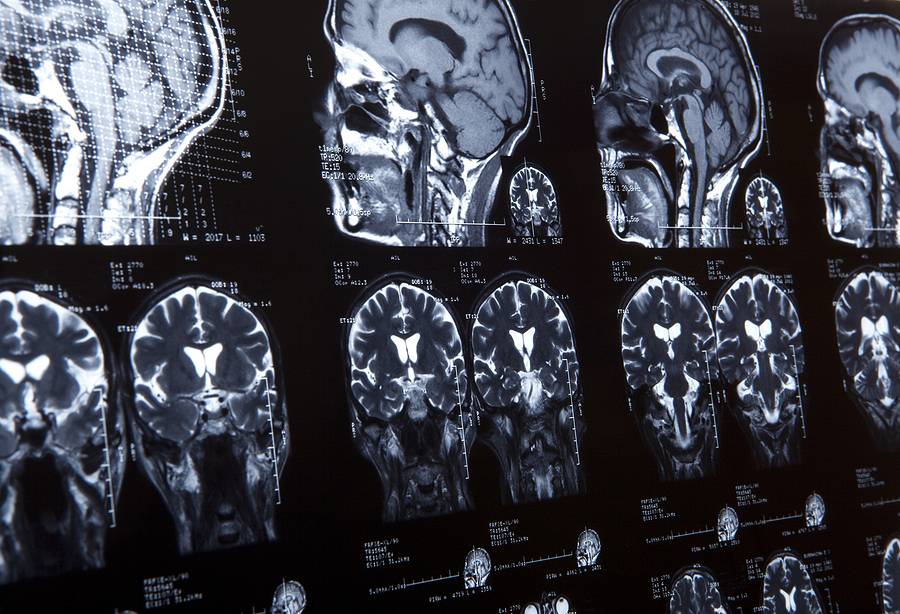
When it comes to brain injuries, there are several misconceptions that persist in the public's perception. Whether you've suffered a concussion or are concerned about the well-being of a loved one, understanding the truth about brain injuries is vital. At the Law Offices of Andrew Zeytuntsyan, we help our clients overcome the legal challenges of a personal injury. Read below to learn more about the most common myths as well as important facts you need to know.
One of the most common misconceptions is that concussions are minor injuries that don't require medical attention. However, this couldn't be further from the truth. While it's true that some concussions are less severe than others, all concussions should be taken seriously. Concussions can lead to a range of symptoms, from headaches and dizziness to memory problems and mood changes. Seeking medical treatment after a concussion is essential to ensure proper diagnosis and monitoring of your condition. Ignoring a concussion can have long-term consequences, and in some cases, it can even be life-threatening.
Contrary to popular belief, the symptoms of a brain injury do not always manifest immediately after the injury occurs. In many cases, symptoms may take hours, days, or even weeks to become noticeable. This delayed onset of symptoms can be misleading and may cause individuals to believe that they are perfectly fine after a head injury. It is important to be aware of this myth and understand that even if you feel okay right after an accident, you should still seek medical attention and be on the lookout for any delayed symptoms that may arise.
While severe brain injuries can indeed result in disabilities or, in some tragic cases, death, not all brain injuries have such dire outcomes. The severity of a brain injury varies widely, and many individuals recover fully with the right medical care and rehabilitation. It's important not to assume the worst in every brain injury case. Early intervention, appropriate treatment, and rehabilitation can significantly improve the chances of a positive outcome, even for more serious brain injuries.
Another common misconception is the belief that medical attention is only necessary if symptoms of a brain injury are evident. This approach is risky, as brain injuries may not immediately present noticeable symptoms, as discussed earlier. Waiting for symptoms to appear before seeking medical help can delay diagnosis and treatment, potentially leading to more severe complications. In any situation where there is a head injury or suspected brain trauma, it is advisable to seek immediate medical attention, even if no symptoms are immediately apparent. Early intervention can make a significant difference in the outcome of a brain injury.
Recovery from a brain injury is a complex and often lengthy process. It is unrealistic to expect that your life will return to normal immediately following such an injury. Brain injuries can affect various aspects of a person's life, including cognitive, emotional, and physical functions. Rehabilitation and therapy are essential components of the recovery process, and they often require time and patience. It’s a good idea to set realistic expectations and be prepared for the challenges that may arise during the recovery journey. With proper support and guidance, individuals can make significant progress in regaining their quality of life.
While CT scans and MRIs are valuable diagnostic tools for assessing brain injuries, they are not foolproof. These imaging techniques are excellent at detecting structural abnormalities in the brain, such as bleeding or tumors. However, they may not always reveal the full extent of a brain injury, especially in cases of mild traumatic brain injury. Mild TBIs, such as concussions, may not show up on standard imaging tests. Diagnosis often relies on a combination of clinical assessment, patient history, and sometimes more specialized neuroimaging techniques. Therefore, you’ll need to rely on the expertise of healthcare professionals to determine the appropriate diagnostic approach for a suspected brain injury.
Some individuals mistakenly believe that rehabilitation is not effective for brain injury patients. However, rehabilitation plays a vital role in helping individuals with brain injuries regain function and improve their quality of life. Rehabilitation programs are tailored to the specific needs of each patient and may include physical therapy, occupational therapy, speech therapy, and cognitive rehabilitation. These programs are designed to address a wide range of challenges, from motor skills and communication to cognitive abilities.
It's clear that misconceptions surrounding brain injuries and concussions can have serious consequences. Believing these myths can lead to delayed treatment and hinder the recovery process. When faced with the complex legal aspects of personal injury cases, you need the guidance of a dedicated personal injury attorney or personal injury lawyer in Trabuco Canyon. Call the Law Offices of Andrew Zeytuntsyan today. Our team has a deep understanding of the details involved in such cases. We're committed to advocating for your rights and ensuring you receive the compensation you deserve. Contact our office to learn more or to schedule an appointment with a personal injury lawyer near you.
The road ahead is changing rapidly as self-driving and driverless trucks become more common. At the Law Offices of Andrew Zeytuntsyan, we’re committed to staying on top of these…
Read More